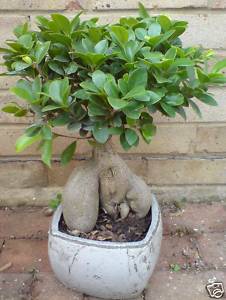
There are so many classes of roses that the intending planter is likely
to be confused unless he knows what they are. Different classes require
different treatment. Some of them, as the teas and hybrid perpetuals
(the latter also known as remontants), bloom from new canes; while the
rugosa, the Austrian, Harrison's yellow, sweet briers, and some others
are bushes and do not renew themselves each year from the crown or bases
of the canes.
Outdoor roses may be divided into two great groups so far as their
blooming habit is involved:
(1) The continuous or intermittent bloomers, such as the hybrid perpetuals
(blooming chiefly in June), bourbons, tea, rugosa - the teas and hybrid
teas being the most continuous in bloom.
(2) Those that bloom once only, in summer, such as Austrian, Ayrshire, sweet
briers, prairie, Cherokee, Banksian, provence, most moss roses, damask,
multiflora, polyantha, and memorial. "Perpetual" or
recurrent-blooming types have been developed in the Ayrshire, moss,
polyantha, and others however.

While roses flourish in a sunny exposure, nevertheless dry atmosphere
and hot summers are sometimes trying on the flowers, as are severe
wintry winds on the plants. While, therefore, it is never advisable to
plant roses near large trees, or where they will be overshadowed by
buildings or surrounding shrubbery, some shade during the heat of the
day will be a benefit. The best position is an eastern or northern
slope, and where fences or other objects will break the force of strong
winds.
Roses should be carefully taken up every four or five years, tops and
roots cut in, and then reset, either in a new place or in the old, after
enriching the soil with a fresh supply of manure, and deeply spading it
over. In Holland, roses are allowed to stand about eight years. They are
then taken out and their places filled with young plants.
The best soil for roses is a deep and rich clay loam. If it is more or
less of a fibrous character from the presence of grass roots, as is the
case with newly plowed sod ground, so much the better. While this is desirable, any ordinary soil will be fine, provided it is well manured.
Cow manure is strong and lasting, and has no heating effect. It will
cause no damage, even if not rotted. Horse manure, however, should be
well rotted before mixing it with the soil. The manure may be mixed in
the soil at the rate of one part in four. If well rotted, however, more
will not do any damage, as the soil can scarcely be made too rich,
especially for the everblooming (hybrid tea) roses. Care should be taken
to mix the manure thoroughly with the earth, and not to plant the roses
against the manure.

No comments:
Post a Comment